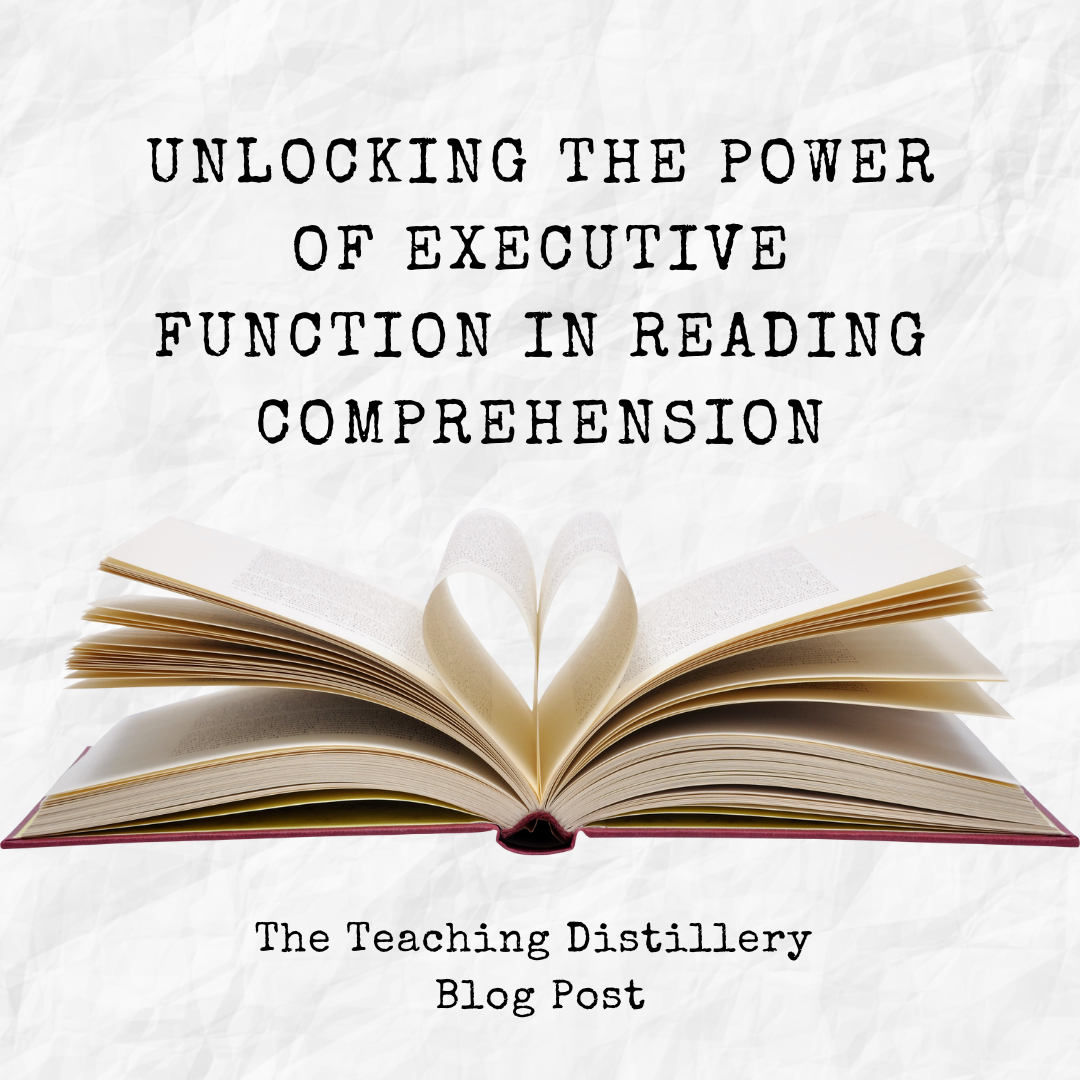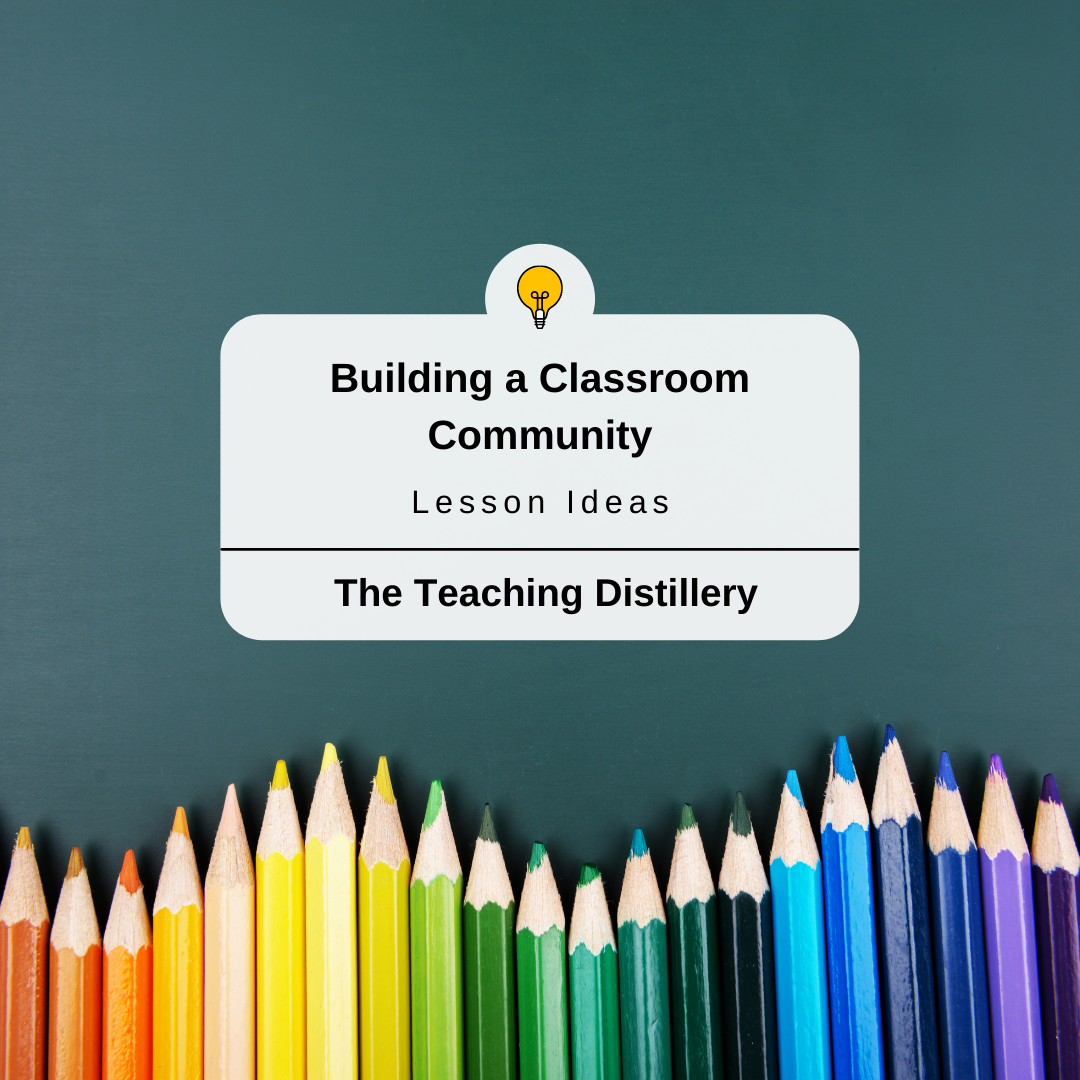Why you should teach The Little Prince
Today, I want to talk to you about a class book to teach in the classroom – "The Little Prince" by Antoine de Saint-Exupéry. Be sure to check out our Little Prince lesson plans in our TpT store for how we teach it.
Now, I know what you might be thinking. "But isn't that just a children's book?" Oh, how wrong you are! "The Little Prince" is a masterpiece that can be appreciated by readers of all ages, and as teachers, we have the unique opportunity to share its beauty and wisdom with our students.
Read More
How Teachers Can Become Millionaires: Lessons from Surprising Research
The National Study of Millionaires, a comprehensive survey covering over 10,000 millionaires, unveiled some remarkable insights into their careers and financial habits. Engineers, Accountants (CPAs), Teachers (that's us!), Management professionals, and Attorneys are the top five careers among millionaires. It's clear that earning substantial wealth isn't limited to the high-paying jobs.
Read More
25 Short Stories for Middle and High School Written by Authors of Color
Our classrooms are made up of amazing, beautiful, and diverse students. Therefore, we feel that our curriculum should reflect that same diversity. The stories we read, the texts we share, the videos we watch, the images we use within our lessons should all act as mirrors and windows for our students.
Read More
Executive Function and Reading Comprehension
Have you ever wondered why some students struggle with reading comprehension, despite having strong word reading skills? The answer lies in the fascinating world of executive functioning. This cognitive powerhouse plays a pivotal role in learning, particularly in the realm of successful reading comprehension.
Read More
Why Listening to Audiobooks is Beneficial for Your Students… and You
Many people, teachers included, have an aversion to audiobooks. For some, there is a deep seated belief that listening to audiobooks is “cheating.” While there are many benefits to reading text, there are also plenty of benefits for allowing your students to listen to audio versions of the text they are reading. For our most reluctant readers, opening up the door to audiobooks can be a game changer for their reading lives.
Read More
Navigating Educational Gag Orders: Challenges and Strategies for US Teachers in 2024
In 2024, teachers in the United States are facing challenges related to curriculum restrictions and censorship in the classroom. Laws known as "educational gag orders" have proliferated since 2021, aiming to limit what teachers can teach, particularly on topics like race, gender, sexuality, and U.S. history. These laws are vague and carry severe penalties, leading to self-censorship among teachers and depriving students of valuable learning experiences.
Read More
How to create a strong classroom community through team-building exercises
Having opportunities to work as a team helps to build a strong and healthy classroom community.
Read More
Enhancing Student Engagement: Exploring the 4 Cs
As educators, we've all faced the ultimate quest: turning our students into super-engaged knowledge-hungry geniuses. You know, the kind that don't just survive school but thrive and conquer the universe. No pressure, right?
Our secret to student engagement? The "4 Cs for Better Student Engagement" by ASCD (Association for Supervision and Curriculum Development). In this blog post, we'll break it down, sprinkle a little humor, and show you how these 4 Cs can turn your classroom into a circus of curiosity and a carnival of creativity.
Read More
Inclusive Education: Fostering Critical Thinking and Democracy
Explore the profound impact of inclusive education on critical thinking and democracy in the 21st century. Learn how inclusive curricula, diverse perspectives, and open dialogues are shaping our society. Discover the essential role of inclusive education in fostering a vibrant and inclusive democracy.
Read More
What are student self assessments?
We have been doing self assessments ever since, but we have learned a few key things along the way. Students need structure and guidance when self assessing. When you give students a chance to explain their learning journey, consider the following:
Read More
Optimizing Teacher Workloads: Strategies for Enhancing Student Impact and Well-being
Teachers and educators face overwhelming workloads, trying to accomplish numerous tasks with limited time and energy. Students spend only 12 percent of their lives each year in school, yet there is external pressure to do it all, from implementing new initiatives to meeting testing standards. This workload can negatively impact both teachers and students.
To address this issue, it's essential to accept the limitations of time and energy and focus on two critical ideas:
Read More











